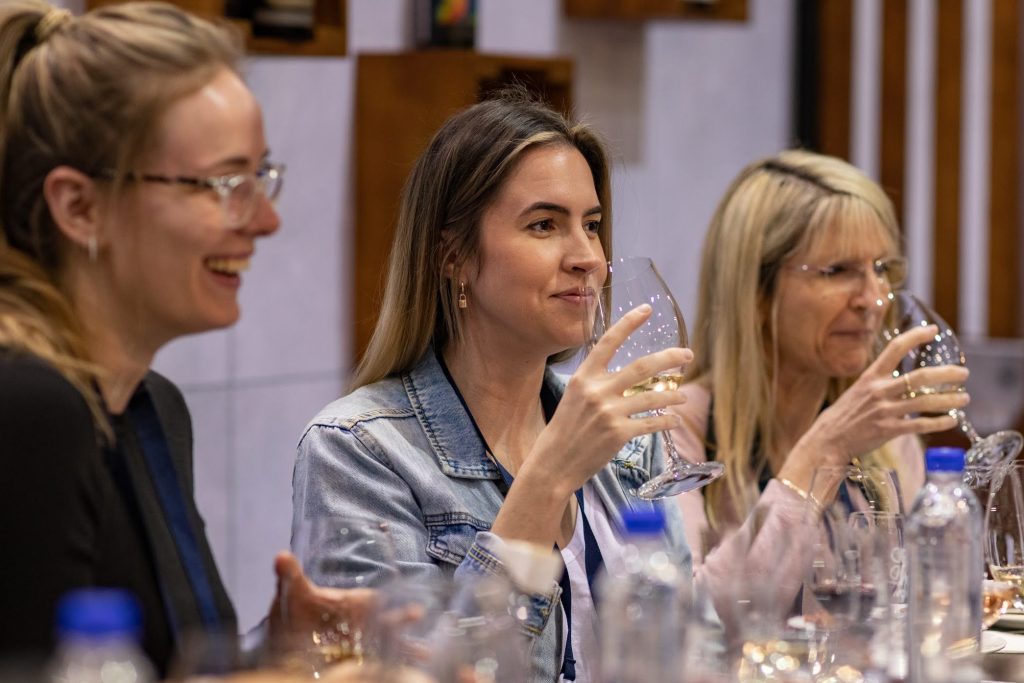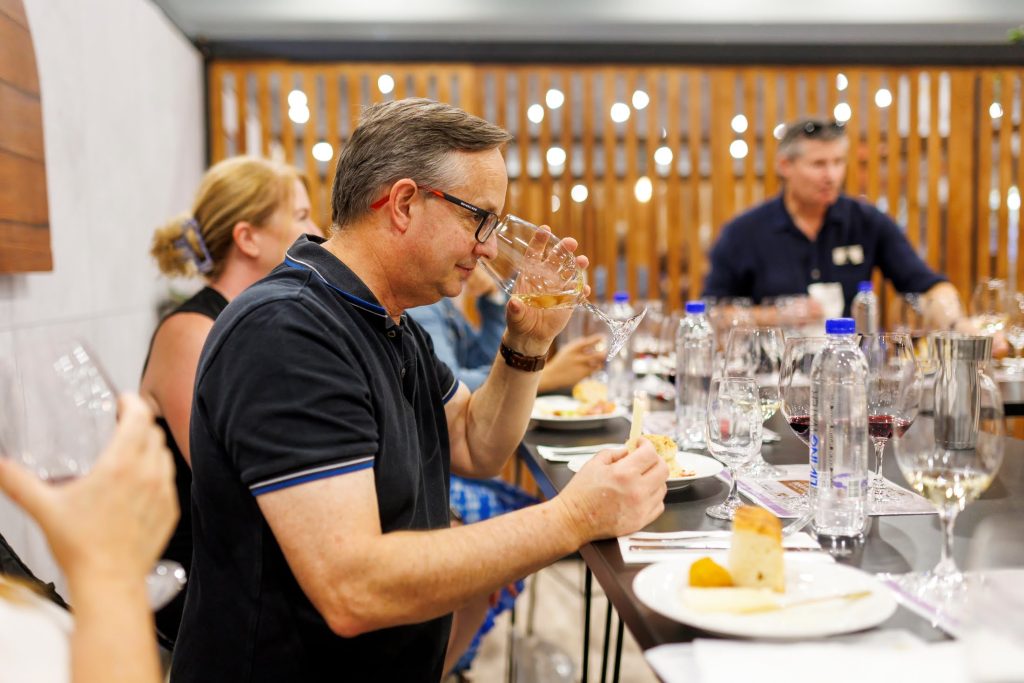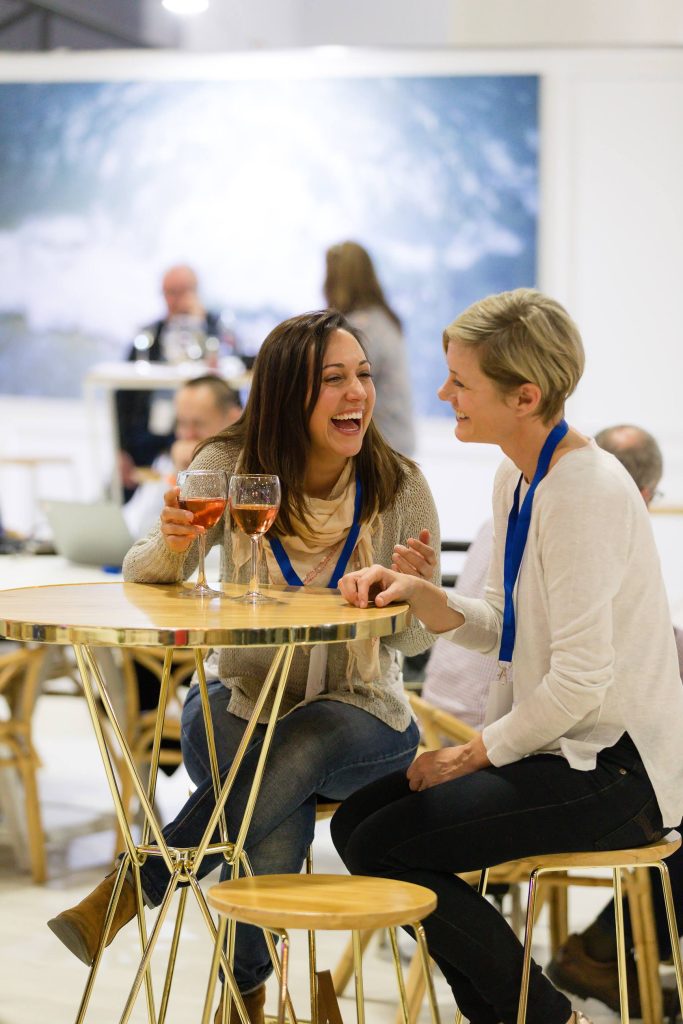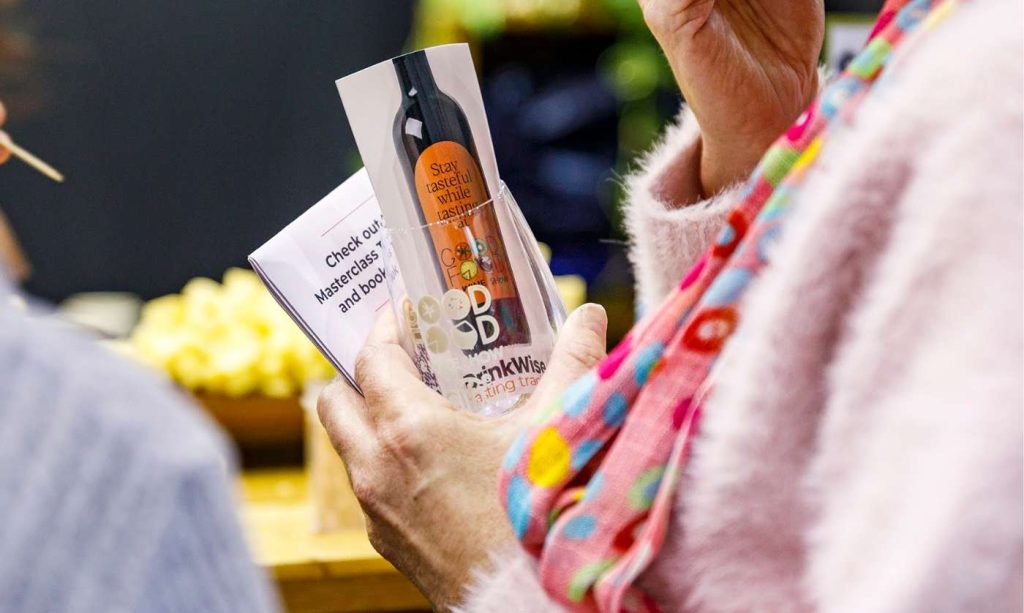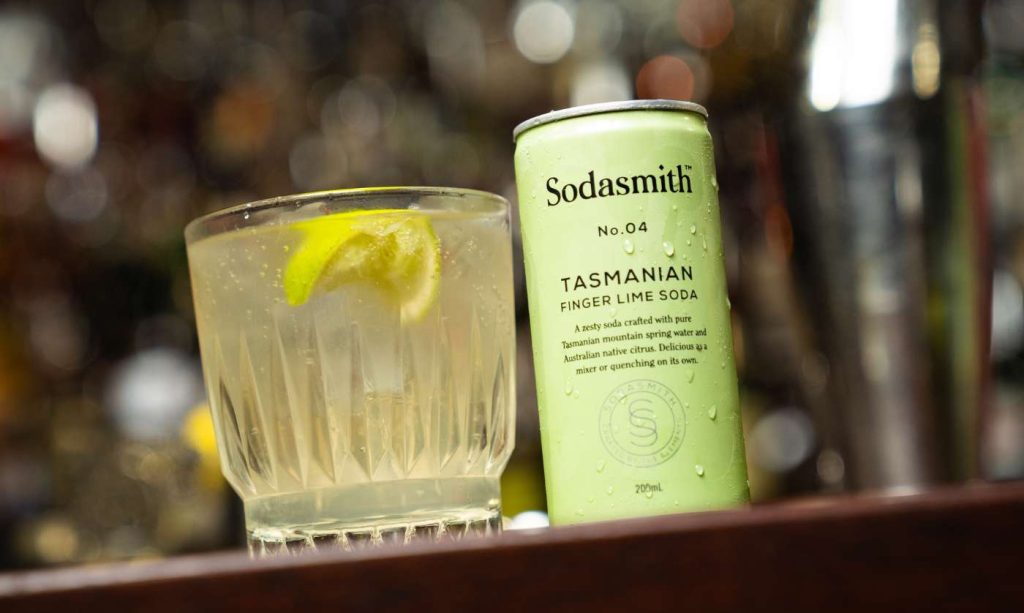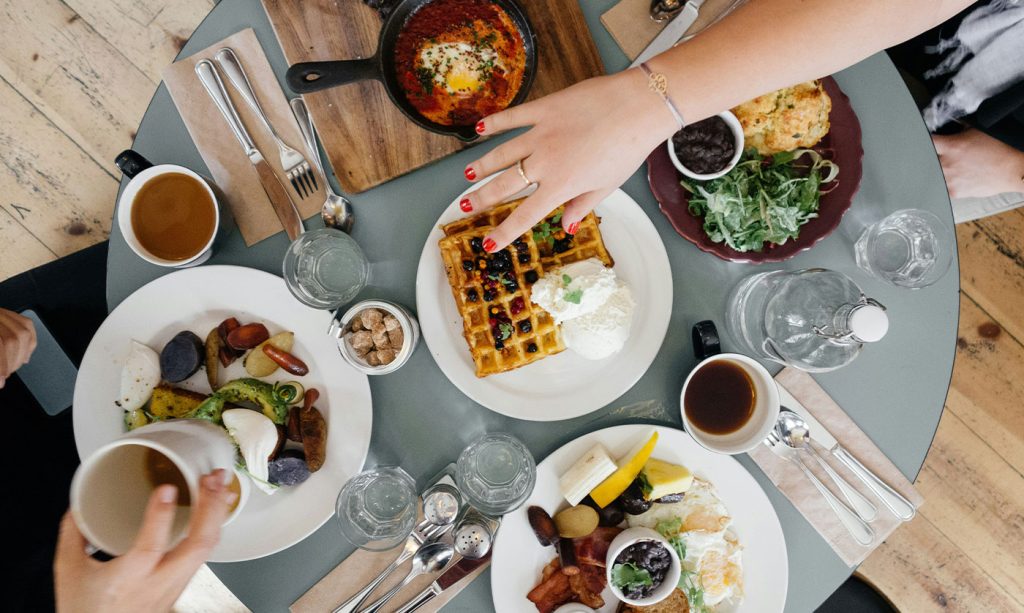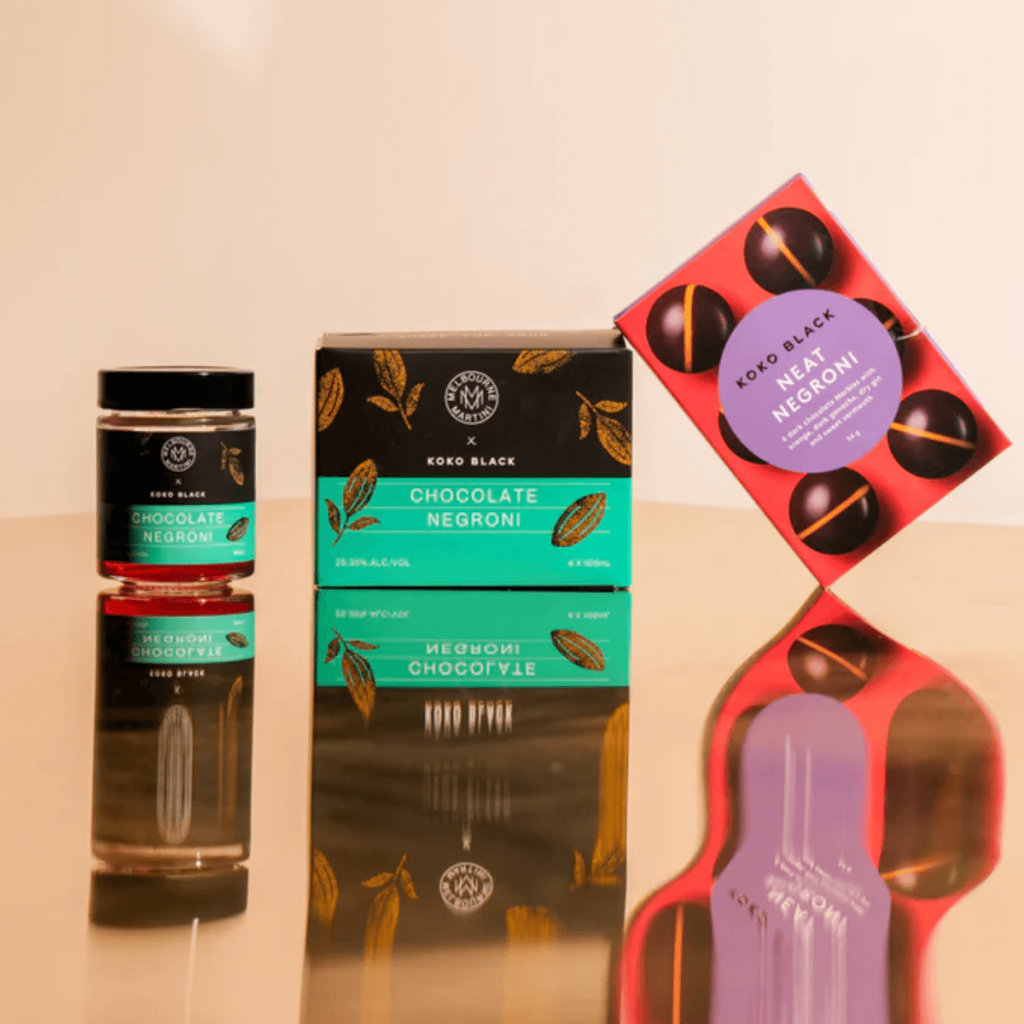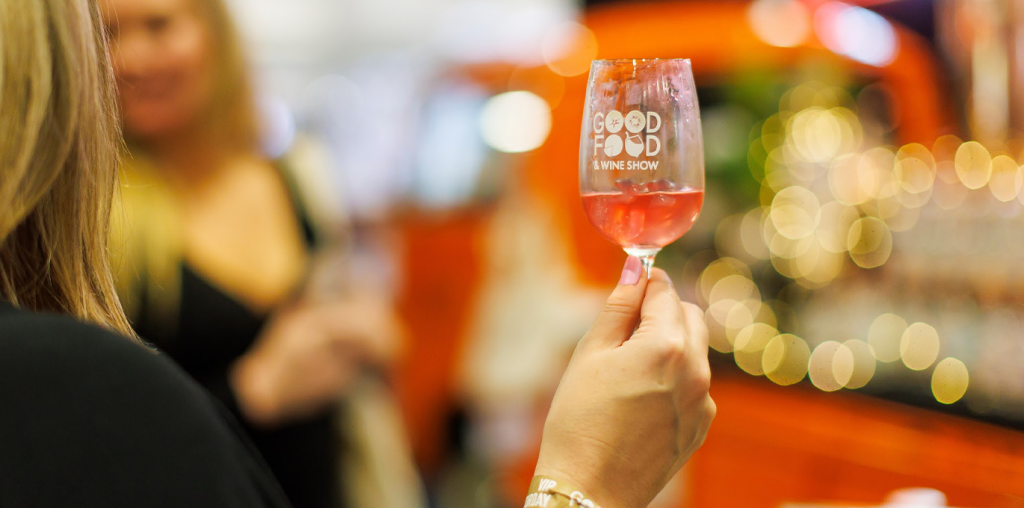The Do’s & Don’ts of Good Wine Storage
Published 25 Apr, 2024
While good winemaking is more art than science, good wine storage is more science than art. Now, not everyone has a dedicated cellar, or wine storage fridge, but the below guide will help you find the most appropriate way for you to keep your wine at its best, for drinking soon or sometime in the future.
Read on, as the team at Wine Selectors break down the importance of each element and their effects on the wine you’re wanting to store.
1. Temperature
When storing wine, the ideal temperature is between 12ºC to 14ºC, to be maintained at a constant all year round. Avoid storing your wine in hot places like an uninsulated shed or garage, near a fireplace (as romantic an image that is), or on top of a cabinet where it could be exposed to hot, rising air. Why? Simple. Exposure to excessive heat can compromise the seal of a bottle, especially if it is under cork.
Expansion from the hot air pushes the cork out, causing the wine to become oxidised – and oxygen is the enemy of fresh wine. Regardless of whether the wine is under cork or screw cap, hot temperatures over a long enough time will also ‘cook’ the wine in the bottle, permanently souring its taste. Keep it cool – not too cool, mind – but more importantly, keep it constant!
2. Keep it Comfortable
While most wines today are under screw-cap, it still pays to understand the ideal conditions for keeping wines sealed with cork. If conditions are too dry, the cork might shrink and your wine may become oxidised. White wines are much more susceptible to oxidisation than reds, since the tannins in red wine act as a buffer.
Keeping humidity levels between 50% to 60% relative humidity is the safest bet – below that, your cork risks drying out. Anything over 70% won’t damage the cork or your wine, but anything considerably higher runs the risk of mould or mildew occurring in your storage area over time. While this won’t affect a properly-sealed bottle, it may degrade and damage the bottle labels.
3. Vibration
Many experts believe that exposing wine to vibration affects the chemical reactions that naturally occur over time, causing premature – and undesirable – changes to its developing character. It could also result in the sediments of older wines becoming agitated, keeping them from settling naturally, and possibly introducing unwanted grittiness to what would otherwise be a beautiful wine.
While you have little to worry about with short term vibrations, if you’re looking to store wine over several years it can have a huge effect on the quality, flavours, aroma and textures. For best results, avoid storing your wines near appliances like washing machine, clothes dryers, dish washers, fridges and any other sources of vibration and heat.
4. Be Sun Smart
Storing wine where it can be exposed to sunlight is a big no-no when it comes to optimal preservation. It’s believed that light adversely reacts with the amino acids in the wine, transforming them into unpleasant-smelling compounds like dimethyl disulphide (DMDS). This condition, called ‘light strike’, causes premature ageing, tainting the flavour and aroma of the wine.
Delicate white and Sparkling wines are most commonly affected, as the phenolic compounds in red wine largely serve as a barrier to protect it from becoming light-struck. Store your wines in a dark spot – if you don’t have access to a cellar or dedicated cabinet, you can place them in your linen closet or wardrobes, under internal staircases, or on the lower shelves of your pantry. Avoid window sills, benchtops or racks that receive full light.
Collect with Confidence
Under most normal conditions your wine will be perfectly fine for several months, and the above guide should be enough to get you storing your wines with greater confidence that they’ll have the best chance of developing as they’re meant to.
On the other hand, if you’re serious about cellaring wines long-term, there are some great wine cabinets available designed to let you do just that, plus a number of professional, purpose-built wine storage options out there as well.
Building your wine collection should be a fun and enjoyable experience, so our best advice is to start where you can, and improve your storage situation if and when you’re in a position to do so. Your future wine-loving self will thank you for it!
Looking for more great advice on all things wine? Check Wine Selectors latest wine hints and tips from WS Panellist Adam Walls, and take your knowledge of all things vino to the next level!
Better still? Get your tickets to the Good Food & Wine Show and add on a Wine Selectors masterclass at checkout so you can learn more about wine… while sippin it at the show!




